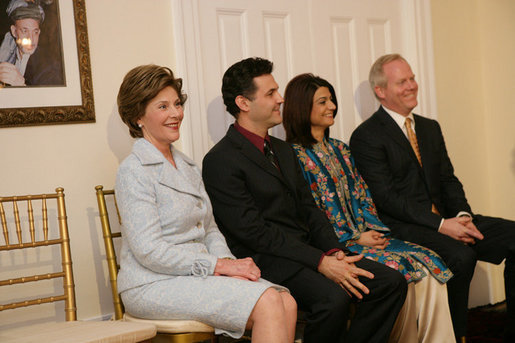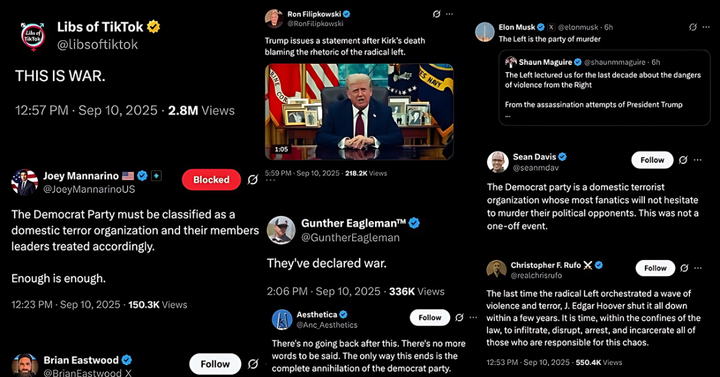MSBSD Library Committee: Purge of Pesky LGBTQ and Race-Related Books Begins
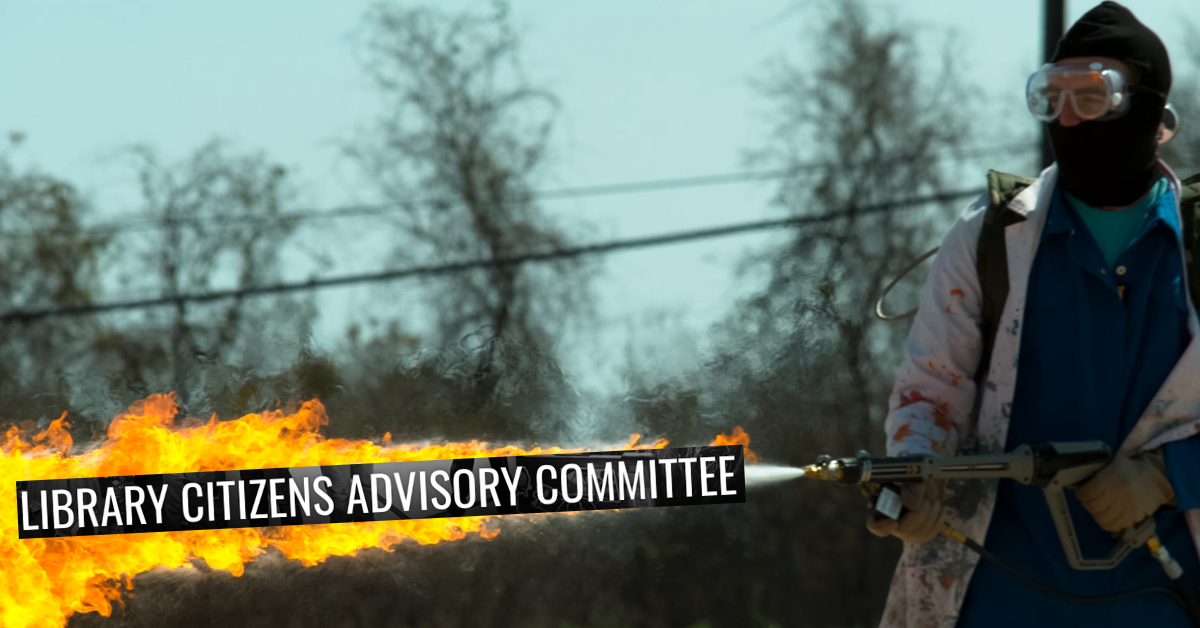
Nathaniel Buck, Amanda Cottle, Melinda Dale, John C Deal, Kali Ponder, Andrew Shane, and Nichole Smith.
These seven individuals were handpicked by the Matanuska Susitna School Board to serve on an eleven-member Library Citizens Advisory Committee. They are tasked with carrying out the agenda of radical parental rights activist organizations and conservative lawmakers — to purge school libraries of books about LGBTQ issues, people of color, and materials addressing sexual education.
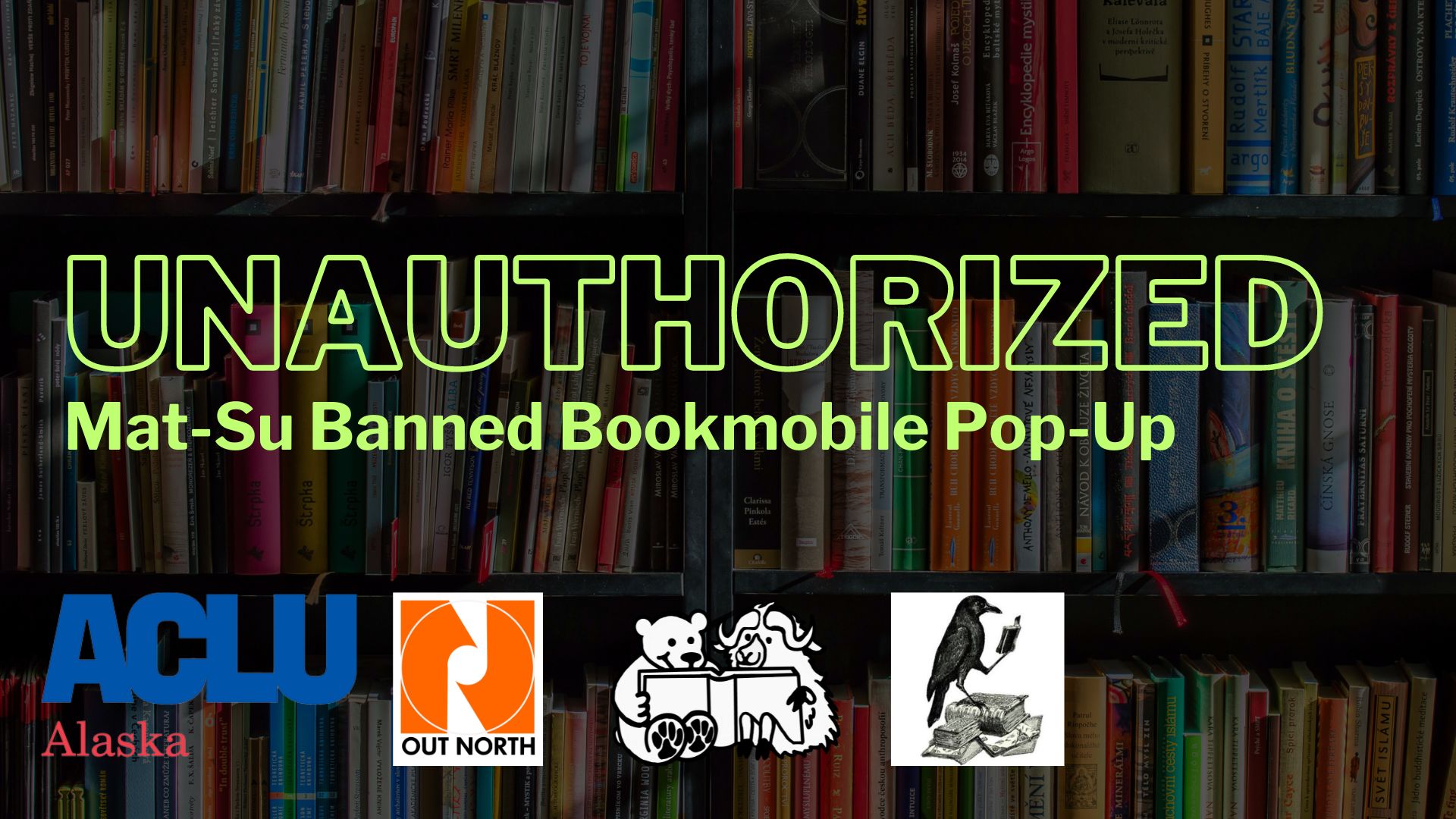
Each of the seven individuals on the committee is either an Alaska Republican, non-partisan, or unaffiliated voter, but only one member could even remotely be construed as being politically moderate. Looking at the committee's composition, it's clear the hard-right school board has stacked the deck in favor of achieving a specific outcome.
Case and point, one of the school board's chosen committee members, Kali Ponder, is married to former Mat-Su school board president Ryan Ponder who previously advocated for amending the district's athletic policy to restrict transgender girls from participating in girls' sports teams. Kali Ponder is also a founding member of the Mat-Su Chapter of Moms for Liberty, a Florida-based extremist organization, and serves as the chapter's secretary.
Free speech for me, but not for thee
Far-right political operatives and Christian Nationalists in Alaska have peddled the lie that library books containing sensitive sexual themes somehow violate state laws intended to safeguard minors from child pornography or other indecent content. In plainer terms, they actively work to deceive the public into believing that dedicated librarians and education professionals should be subjected to felony charges because a school library book that depicts two gay teenagers kissing is P0rN.
So, it tracks that last week, a majority of the committee nonsensically decided in their own minds that two books violated Alaska law prohibiting the dissemination of PoRnOgRaphY to minors and recommended they be banned. Two other books, the committee said, should be pulled from several school libraries.
The school board should be mindful (but they won't) that the Supreme Court has ruled school boards must work within the First Amendment when considering banning books. You can read more about that here, but the bottom line is that school officials may not exercise their discretion to remove books from a school library based on “narrowly partisan or political” grounds because doing so would amount to an “official suppression of ideas.”
The filthy p0rNo books
On the committee’s chopping block are the following books ⬇️
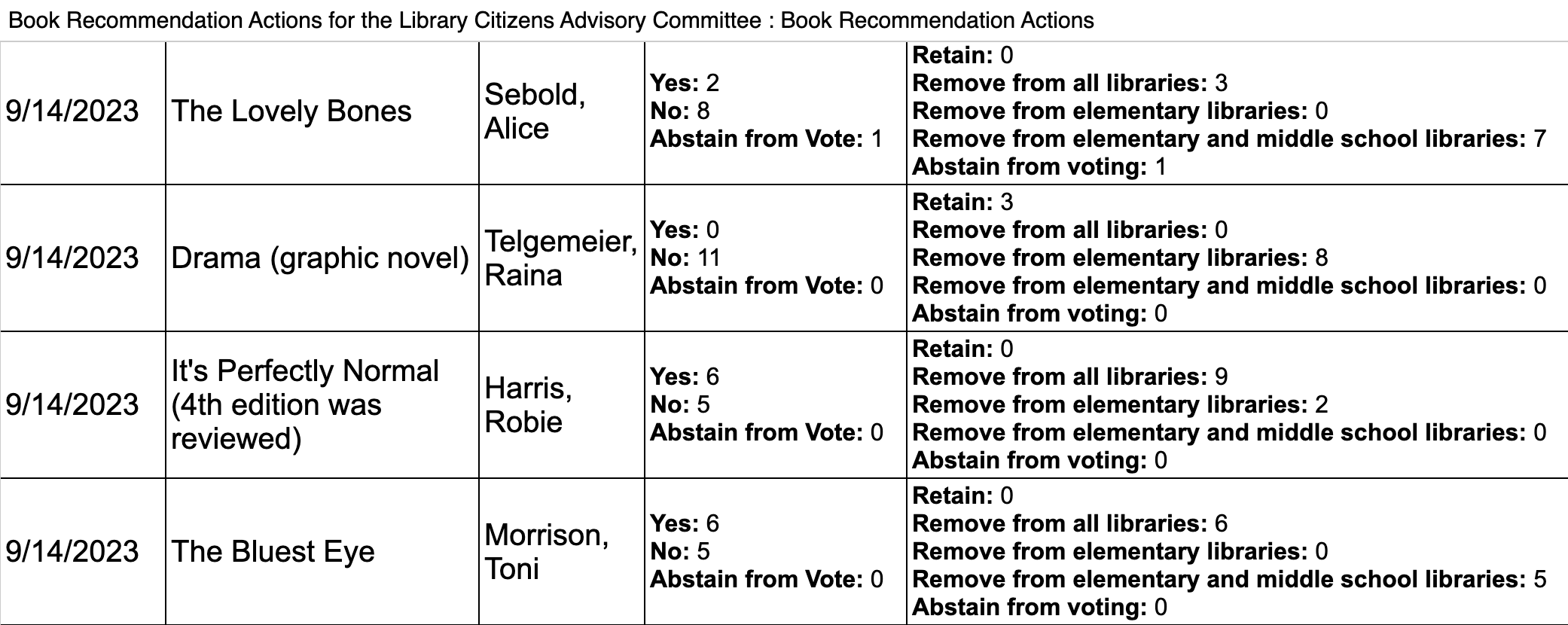
The Lovely Bones (2002) received critical praise and became an instant best seller. It is described as the story of a teenage girl who, after being raped and murdered, watches from Heaven as her family and friends struggle to move on with their lives while she comes to terms with her own death. The book is considered appropriate for ages 14 and up and it has garnered praise from numerous reviewers who have emphasized its significance for individuals grappling with the themes it addresses.
The multi-award-winning graphic novel, Drama (2012), is almost certainly on the chopping block simply because it received praise for the normalization of the LGBTQ community and depiction of homosexual crushes between young teens. The book first caused a führer among conservative parents in 2012 who claimed they were offended that the book didn't include content warnings for depictions of two boys kissing which they said made the book “sexually explicit.”
It's Perfectly Normal: Changing Bodies, Growing Up, Sex and Sexual Health (1994) is a very scary book because it steps outside the constrictive boundaries of Walnut Grove, giving young people real answers to questions about sex by providing accurate and unbiased information. Described as a trusted resource in twenty-five countries around the world, it's easy to understand why the library committee doesn't want children to read it – especially knowing that teenage boys can simply ask their totally understanding, open, honest, accepting, and inclusive parents what Jesus thinks of them fantasizing about Lauren Boebert groping them in a theater.
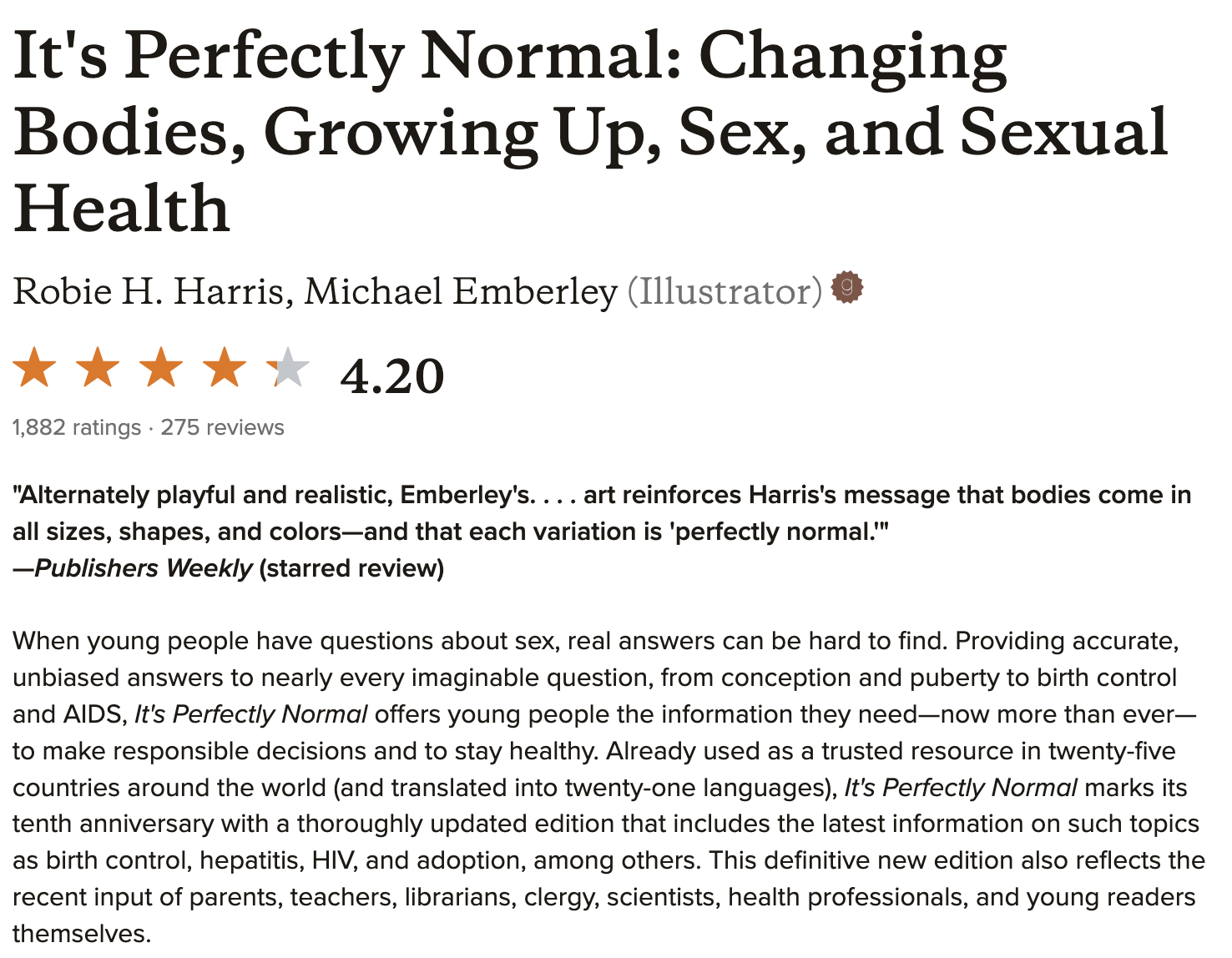
Last but not least, a majority of library committee members determined The Bluest Eye (1970) violated Alaska statute against disseminating indecent material to minors. The book was written by Black author Toni Morrison who was awarded the Presidential Medal of Freedom, the National Humanities Medal, and who won the Nobel Prize in Literature and the Pulitzer Prize for Fiction.
In 1971, Choice Reviews wrote: "The Bluest Eye may not be the fiction find of the year, nor the best first novel ever published; it is, however, a sympathetic and moving portrayal of human beings caught in the age-old webs of prejudice and hate, and for this alone, it deserves to be read.”
In 2008, the book it is noted, was challenged in a Livingston County, Michigan, high school by a right-wing social activist group because of its sexual content. The county's top law enforcement official reviewed the book to see whether it violated laws against the distribution of sexually explicit materials to minors.
“After reading the books in question, it is clear that the explicit passages illustrated a larger literary, artistic or political message and were not included solely to appeal to the prurient interests of minors,” the county prosecutor wrote. “Whether these materials are appropriate for minors is a decision to be made by the school board, but I find that they are not in violation of the criminal laws.”
When asked why she wrote The Bluest Eye in an interview, Morrison said she wanted to remind readers "how hurtful racism is" and that people are "apologetic about the fact that their skin is so dark."
Apparently, six members of the library committee have a different perspective—opting to prioritize the importation of culture wars from the Lower 48 to Alaska, using "concerns" related to sex as a pretext to suppress LGBTQ+ students and inclusive literature, and advocating for the banning of books authored by and about Black individuals.
Members of the handpicked book-banning committee will consider four more books in October including:
The Handmaid's Tale, Kite Runner - written by Afghan-Novelist Khaled Hosseini, the LGBTQ book Flamer, and Persepolis: The Story of a Childhood - written by French-Iranian Marjane Satrapi.
Go ahead, you can say it. We all know.
